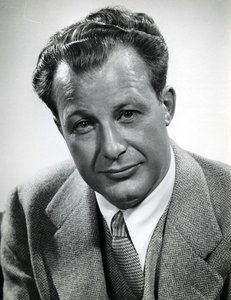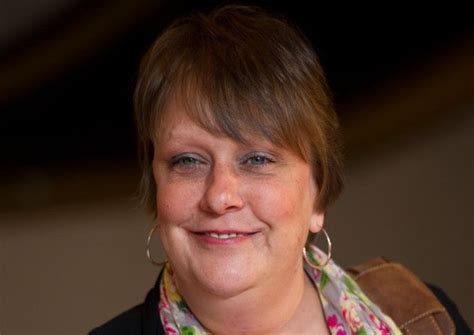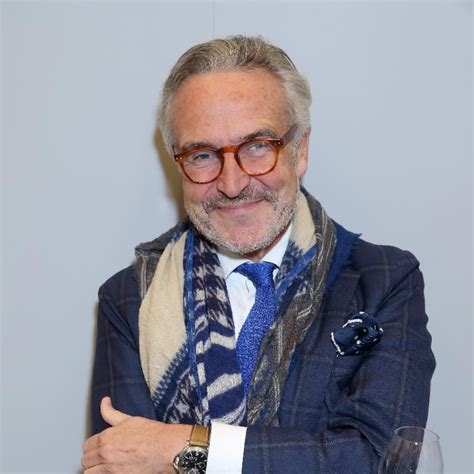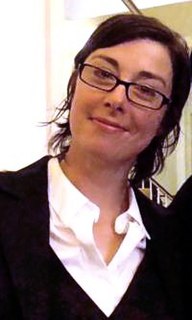A Quote by Clifton Fadiman
We prefer to think that the absence of inverted commas guarantees the originality of a thought, whereas it may be merely that the utterer has forgotten its source.
Related Quotes
Onstage it was always comfortable for me because that's where I felt at home. Offstage it was a different situation. I was still shy offstage and unfortunately, my shyness and my inability to communicate and really have great conversations or be part of the gang - in inverted commas - led me to the drug addiction, which, you know, blighted my life for 16 years because I thought by doing that it would make me join in.
There is a notion that complete impartiality is the most fitting and indeed the normal disposition for true exegesis , because it guarantees complete absence of prejudice. For a short time, around 1910, this idea threatened to achieve almost a canonical status in Protestant theology. But now, we can quite calmly describe it as merely comical.
Originality is another criterion of aesthetic value. We may formulate an originality principle, according to which highly valuable works of art provide hitherto unavailable insights.... Notice that, although originality is a necessary condition of high aesthetic value, it is far from a sufficient condition. Many original works have little or no aesthetic value. An artwork may present a novel but uninteresting perspective, or one that is original but wrong.






































